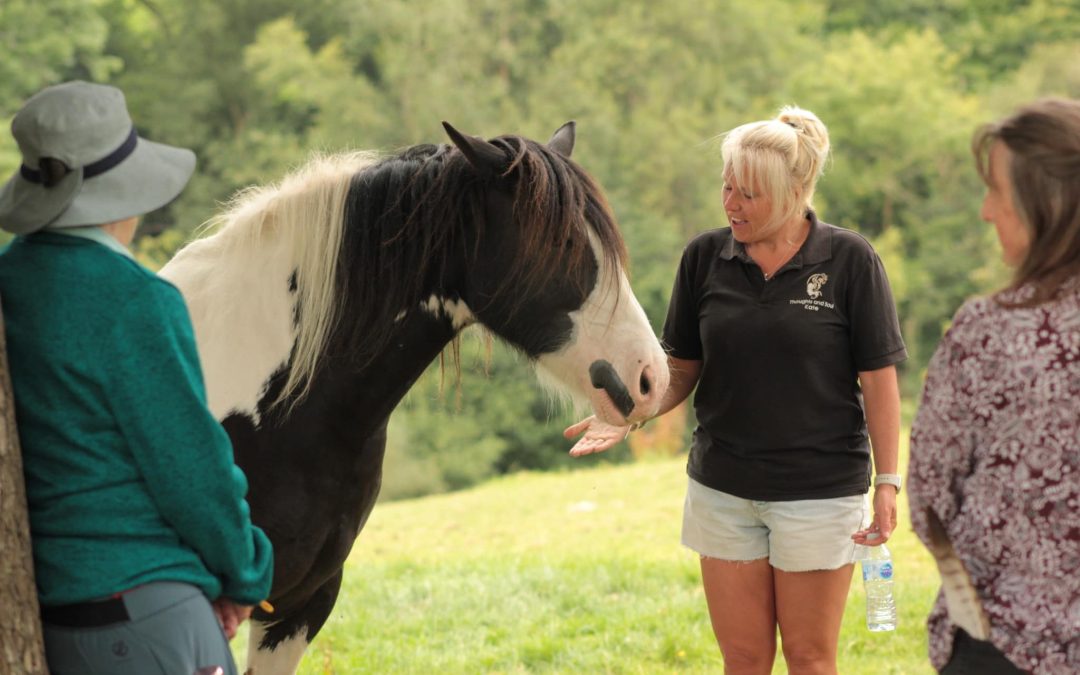The Incredible Healing Powers of Horses

Horses have been companions to humans for thousands of years, not only as working animals but also as powerful healers. The therapeutic benefits of horses extend beyond physical health, touching emotional, psychological, and social well-being. This article explores the multifaceted healing powers of horses, supported by scientific research and real-life experiences.
Table of Contents
- Introduction to Equine-Assisted Therapy
- Physical Healing Benefits
- Emotional and Psychological Healing
- Social and Developmental Benefits
- How Horses Facilitate Healing
- Frequently Asked Questions (FAQ)
1. Introduction to Equine-Assisted Therapy
Equine-Assisted Therapy (EAT) is a form of therapy that involves interactions between patients and horses to promote healing. It includes activities such as grooming, riding, and groundwork, which help individuals develop physical, emotional, and cognitive skills.
2. Physical Healing Benefits
| Benefit | Description |
|---|---|
| Improved Balance & Coordination | Riding horses requires core strength and balance, which can improve motor skills and coordination in patients with physical disabilities. |
| Muscle Strengthening | The rhythmic movement of a horse helps strengthen muscles, especially in individuals recovering from injury or stroke. |
| Pain Relief | Interaction with horses can reduce chronic pain through relaxation and increased endorphin levels. |
3. Emotional and Psychological Healing
- Stress Reduction: Spending time with horses lowers cortisol levels, helping reduce stress and anxiety.
- Emotional Awareness: Horses are highly sensitive to human emotions, encouraging individuals to become more aware and regulate their feelings.
- Confidence Building: Successfully managing and caring for a large animal boosts self-esteem and confidence.
4. Social and Developmental Benefits
- Improved Communication: Working with horses requires clear communication, which can enhance verbal and non-verbal skills.
- Building Trust: Developing a bond with a horse fosters trust, which can translate into better human relationships.
- Teamwork and Responsibility: Group activities with horses teach cooperation and responsibility.
5. How Horses Facilitate Healing
Horses respond to human emotions and behaviors, providing immediate feedback that helps individuals understand and manage their feelings. Their non-judgmental nature creates a safe space for healing, making them ideal partners in therapy.
6. Frequently Asked Questions (FAQ)
Q1: What conditions can equine therapy help with?
A1: Equine therapy is effective for conditions such as PTSD, autism spectrum disorders, anxiety, depression, physical disabilities, and developmental delays.
Q2: Is equine therapy safe?
A2: Yes, when conducted by trained professionals, equine therapy is safe and tailored to individual needs.
Q3: How often should one participate in equine therapy?
A3: Frequency varies depending on the individual’s goals and condition but typically ranges from weekly to bi-weekly sessions.
Horses offer a unique and powerful avenue for healing that integrates physical, emotional, and social benefits. Their ability to connect with humans on a deep level makes them exceptional partners in therapeutic settings.
Would you like me to help enhance the tone to be more inspirational or add more scientific studies to support the claims?
